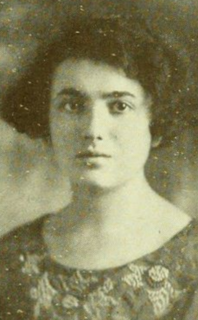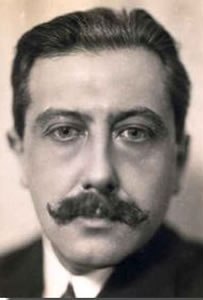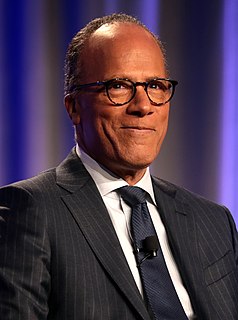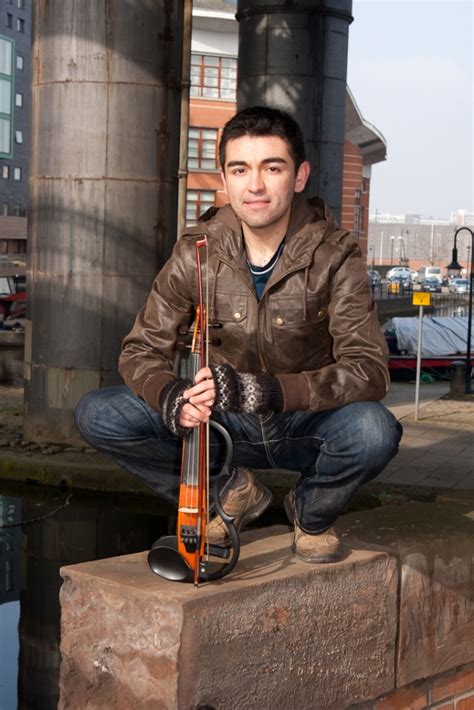A Quote by Benjamin Hoff
But isn't the knowledge that comes from experience more valuable than the knowledge that doesn't? It seems fairly obvious to some of us that a lot of scholars need to go outside and sniff around - walk through the grass, talk to the animals. That sort of thing.
Related Quotes
The difference between a path and a road is not only the obvious one. A path is little more than a habit that comes with knowledge of a place. It is a sort of ritual of familiarity. As a form, it is a form of contact with a known landscape. It is not destructive. It is the perfect adaptation, through experience and familiarity, of movement to place; it obeys the natural contours; such obstacles as it meets it goes around.
Scholars and artists thrown together are often annoyed at the puzzle of where they differ. Both work from knowledge; but I suspectthey differ most importantly in the way their knowledge is come by. Scholars get theirs with conscientious thoroughness along projected lines of logic; poets theirs cavalierly and as it happens in and out of books. They stick to nothing deliberately, but let what will stick to them like burrs where they walk in the fields.
The saying that a little knowledge is a dangerous thing is, to my mind, a very dangerous adage. If knowledge is real and genuine, I do not believe that it is other than a very valuable posession, however infinitesimal its quantity may be. Indeed, if a little knowledge is dangerous, where is a man who has so much as to be out of danger?



































